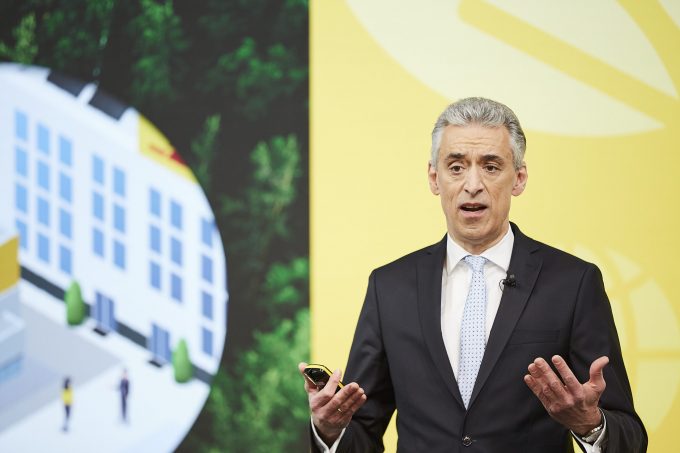Evri gets 'Premium' boost from merger with DHL's UK ecommerce division
UK customers of courier Evri are breathing a sigh of relief today, following the news ...

DHL has joined hundreds of major companies in signing up to the Science-Based Targets initiative (SBTi), part of its accelerated roadmap to decarbonisation.
It has also promised investment in climate-neutral logistics of €7bn ($8.35bn), up to 2030.
Some 1,200 companies are now using the SBTi, which aims ...


Comment on this article